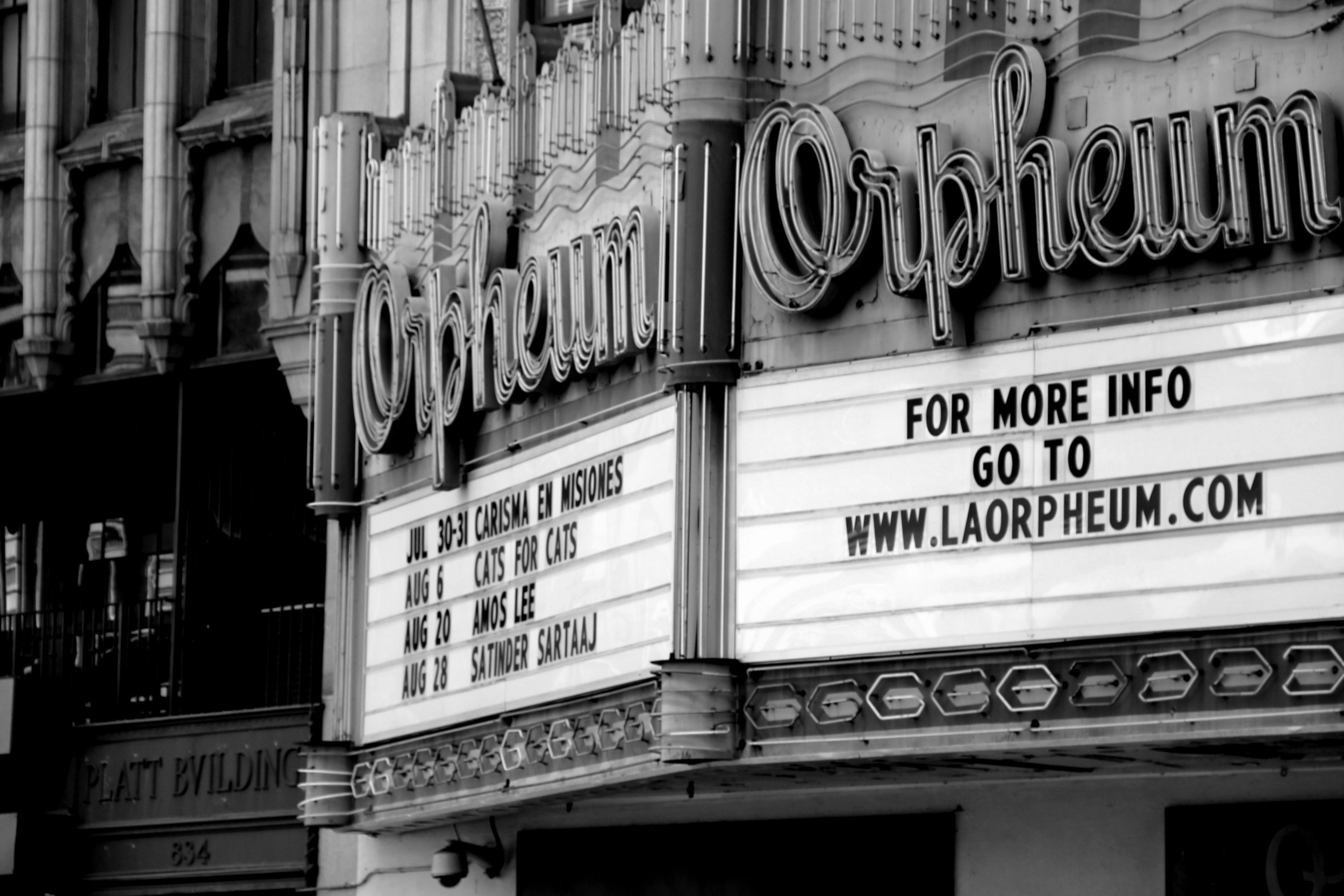Dance, opera, theater, ballet — San Francisco has it all.
The San Francisco performing arts scene has a rich history going back over a hundred years—which is really no surprise, considering the city’s diverse, progressive culture. From jazz clubs to drag shows, San Francisco has harnessed the power of musical activism and authentic performance to give a voice to the voiceless and a safe haven to marginalized communities.
100+ Years of Performing Arts in San Francisco
In the late 1800s, California was known for gold. But in San Francisco, the gold rushers discovered a different kind of treasure—not in mines, but on stages. It started with live theater, which the unconventional residents of San Francisco happily embraced while the rest of the nation clutched their pearls.
San Francisco’s first theaters, the Dramatic Museum, and Jenny Lind, both opened in 1850. Unfortunately, both were destroyed by fires just the next year. But San Francisco was in love, and by the end of the decade, the theater business was booming. It’s estimated that in the 1850s alone, over 1,100 different pieces were performed in San Francisco theaters — from Hamlet to Burlesque.
Next came the formation of the San Francisco Symphony in 1911, breathing new life into the San Francisco performing arts culture while the city was still recovering from the devastating earthquake of 1906. The San Francisco Opera followed in 1923, which led to the 1933 development of the San Francisco Ballet — the oldest professional ballet company in the U.S.
As the century passed, the San Francisco performing arts scene continued to grow, especially in regard to live music. Jazz and blues took over the 1950s, with clubs forming safe spaces and a sense of community for the city’s African-American residents. Psychedelic rock came next, followed by new wave, hip-hop, disco, and even the world’s first openly gay chorus.
Today, San Francisco performing arts encompass all of these and more, and the city never stops pushing the boundaries and redefining what art truly is.
Unveiling the Hidden Gems: Prestigious Venues and Centers for Your Next Event
There’s a common theme among San Francisco performing arts centers: old meets new. Century-old landmarks, lovingly restored, are filled with the sounds of modern hits. State-of-the-art, industrial-style venues feature Shakespearean performances. And these historical and prestigious venues are no exception.
War Memorial Performing Arts Center
Designed to host nearly any kind of performance, this San Francisco performing arts center is a sprawling complex consisting of Davies Symphony Hall, the Opera House, and Herbst Theater. One of the largest performing arts centers in the U.S., the War Memorial is home to the SF Ballet, SF Opera, and SF Symphony.
Orpheum Theatre
Built in 1926, the exterior of the ornate Orpheum Theatre is reminiscent of a 12th-century French cathedral, while the inside features a delightful mashup of early 20th century accents. As one of the larger San Francisco performing arts venues, the Orpheum is the place to go for Broadway shows.
SF Jazz
When it comes to San Francisco arts, jazz has always had a special place—so much so that the genre has its own state-of-the-art performance center. A massive space that hosts over 100 performances a year, the venue embraces jazz in all its forms — from niche to traditional to modern.
Toni Rembe Theater
Formerly the Geary Theater, the Toni Rembe Theater is a national historic landmark and home to the world-famous American Conservatory Theater. After severe damage from the Loma Prieta earthquake, the theater was carefully restored to modernize the technology and structure, while preserving the original character.
Oasis
As the largest drag-owned club in the U.S., Oasis is already a one-of-a-kind performing arts venue and nightclub. In 2015, San Francisco drag queens D’Arcy Drollinger and Heklina turned what was once a gay bathhouse into a vibrant club for locals and tourists alike.
The club features unforgettable drag shows, cabaret performances, and of course, an incredible nightlife experience. And as unique as the venue itself is, its owner is even more special. In 2022, D’Arcy Drollinger was elected to be the city’s first Drag Laureate — a title that honors and supports D’Arcy’s advocacy work and contributions to the community.
SVN West
This space has been filled with music and dancing for over 100 years, from its time as the El Patio Ballroom in the 1920s, when it featured swing and big band musicians. It became the Fillmore West in 1968, and although it only operated for three years, it hosted a number of musical icons, from the Grateful Dead to Elton John to Aretha Franklin. Today, it’s one of the premier event and performance spaces in the city.
Presidio Theatre
Built-in 1939 as a movie theater for the U.S. Army, the Presidio Theatre entertained military families for almost 60 years. In 2017, it underwent extensive renovations and additions, while carefully preserving its historic Spanish Colonial architecture. Today, it serves as an intimate venue for the entire San Francisco performing arts community, from dance and theater to music and cinema.
The Pansy L. Chan and Terrence D. Chan National Queer Arts Center
Future home to the San Francisco Gay Men’s Chorus, a leader in the San Francisco performing arts scene, the Pansy L. Chan and Terrence D. National Queer Arts Center is designed to be more than just an event center. Over the coming years, SFGMC will transform the space into an artistic hub for the LGBTQ+ community.
Founded in 1978, the SFGMC’s first performance was at a candlelight vigil on the evening of Harvey Milk’s assassination. Ever since, the chorus has remained dedicated to building a safe, inspirational space for the LGBTQ+ community and transforming society through their music.
Now, with a permanent new home in sight, SFGMC can further expand its outreach and advocacy. From research to workshops to performances, the historic art-deco building will become a supportive haven for underrepresented and marginalized artists in San Francisco and beyond.

